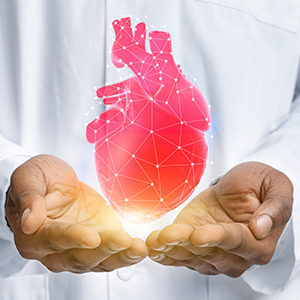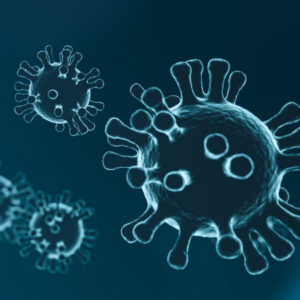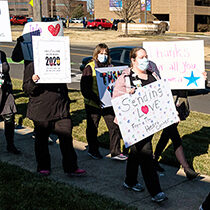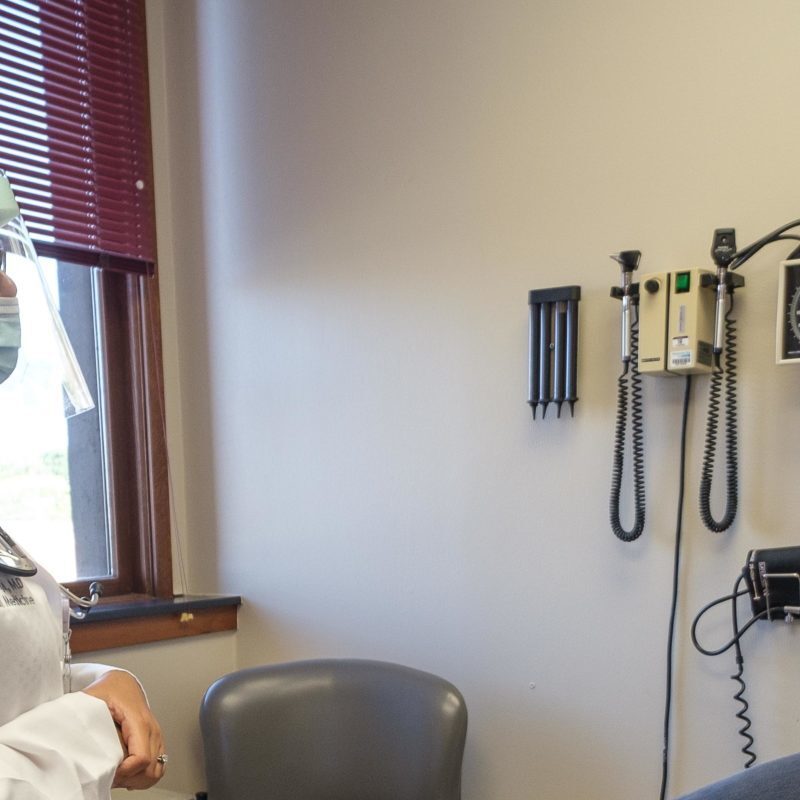Arrhythmia Care
Fluttering. Quivering. Dizziness. Shortness of breath. Chest pain. If you are among the millions of people who have atrial fibrillation (AFib), you know all too well how frightening and uncomfortable these symptoms can be.
AFib is an irregular and often rapid heart rate that can increase your risk of strokes, heart failure and other heart-related complications. Although AFib itself usually isn’t life-threatening, it is a serious medical condition that sometimes requires emergency treatment.
Symptoms of AFib
Some people with AFib have no symptoms and are unaware of their condition until it’s discovered during a physical examination or check-up. Those who do have AFib symptoms may experience signs and symptoms including:
Palpitations
Weakness
Reduced ability to exercise
Fatigue
Lightheadedness
Dizziness
Shortness of breath
Chest pain
Types of AFib
Treatment Options
Get the Most Out of Your Heart
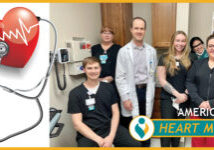
Is your heart healthy? With February being American Heart Month, it’s time to take a look at our hearts and make sure we are doing what we can to keep that blood-pumping muscle as healthy as possible! That’s why we gathered insider information from one of Stormont Vail Health’s Manhattan cardiology experts, Brett Dawes, APRN,…
We Together: A Communication of Stormont Vail Health (June 28, 2022)

Dear Community Partners, Here are today’s updates: Celebrating a WATCHMAN Milestone Current Status at Stormont Vail Health Celebrating a WATCHMAN Milestone Stormont Vail is proud to announce that our cardiology team has recently performed its 500th WATCHMAN procedure. The WATCHMAN Device is an implant designed to prevent blood clots from escaping the heart and entering…
Meet the Team
Arrhythmia Care Locations
Stormont Vail Health Flint Hills Campus
1102 St. Marys RoadJunction City, KS 66441
Stormont Vail Health Manhattan Campus
1325 Research Park DriveManhattan, KS 66502
















